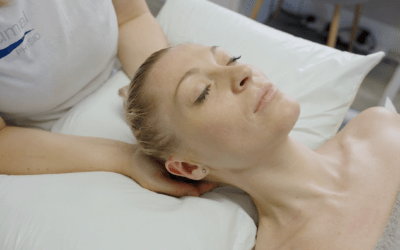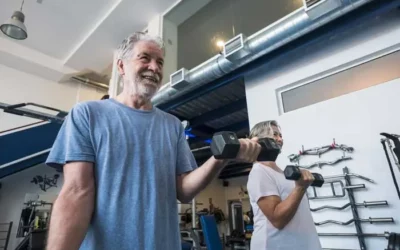Most of us understand the importance of what we eat and things have become a little more complex than ‘no cheese before bedtime’.
When we exercise, we place good stress upon the body to create changes in order to improve our muscles, heart and mind. To truly maximise these improvements the right nutrition is required.
The impact diet can have on our body and mood is far reaching and when injured what we provide our bodies is a key ingredient in the recipe for recovery and health.
It is not the time to feel sorry for yourself and try and mask the pain with chocolate and alcohol, tempting as that may be!
It’s time to be proactive, make a plan and speed up your recovery.
Inflammatory phase
When an injury is sustained whether a muscle tear, tendon or bone injury there will first be an inflammatory phase. Inflammation is good and an important stage of the healing process. We want to make this process efficient rather than suppress it.
In terms of calorie intake muscles and tendons will be likely to require rest and calorie intake will reduce slightly as activity is curtailed. Bone recovery however requires more metabolic demand from the body so an increase in calories may be needed to support this healing process.
The body will initiate its own response to the inflammation stage, something anti-inflammatory drugs will inhibit. Taking anti-inflammatories in the first 72 hours will slow, or stop the next phase of the healing process.
Instead, allowing the body to respond naturally while providing the fuel to increase the efficiency of this process is preferred.
- Branch Chain Amino Acids (BCAA) will help muscle recovery. These are the building blocks for new tissue. Your body does not produce these naturally so they need to be consumed in your diet. Good sources of BCAA are protein, beef, tuna, salmon, peanuts, eggs and lentils.
- Omega 3 and Omega 6 fatty acids help regulate inflammation and can be found in flaxseed oil, fish oil, walnuts and chia seeds.
- Pre and probiotic yoghurt drinks are ideal additions to help keep the gut healthy.
- Echinacea supplementation has also shown positive wound and immunity modulating effects.
Repair and Remodelling
After inflammation, the next stage of recovery is creating new tissue to repair and remodel the injury site. Protein is key in this stage to assist remodelling.
MUSCLE AND TENDON TEARS – High quality Protein combined with Branch Chain Amino Acids will play an important role in any training, rehabilitation or recovery strategy. Typically the body requires 2.2g of protein for every kilo of body weight.
Glycine is an important component of collagen which muscle and tendons are built from. Green Tea is a great source of Glycine and boosts your antioxidants at the same time. Around 5 cups per day are necessary to really aid recovery.
BONE RECOVERY – Bone is a complex tissue that requires many nutrients but it is also a tissue which heals well, and this is due to bone having a good blood supply to deliver the nutrients required for healing.
Given this fact, supplementation with a wide range of key bone nutrients is likely to provide more effective fracture healing than individual nutrient supplementation.
- Protein: Numerous studies document the acceleration of fracture healing with even a modest 10 to 20 gram increase in protein intake.
- Amino Acids: these include lysine, arginine, proline, glycine, cystine, and glutamine. Lysine, for example, is known to enhance calcium absorption and can increase the amount of calcium absorbed into the bone matrix, and aid in the regeneration of bone tissue.
- Antioxidants: (to repair oxidative damage). When a bone fracture occurs, a remarkable yield of free radicals is generated by the damaged tissues. This can overwhelm the natural anti-oxidant defence mechanisms, so supplementation of anti-oxidants is beneficial in such situations.
- Vitamins and Minerals: By weight, bone is roughly 70% minerals and fracture healing requires available minerals. Most of us under-consume minerals on an everyday basis, so we may need to search for a supplement that will help, Look out for a supplement offering the following: Zinc, Copper, Calcium & Phosphorous, Vitamin C, Vitamin D, Vitamin K, Vitamin B6
Conclusion
Injuries are part and parcel of life and although frustrating and painful, they do get better. Nutrition can appear complicated but applying simple nutritional tactics can help your body recover quickly.
At Optimal Physio we would advise our clients to consider the nature of their injury and ensure that an appropriate nutritional strategy is considered to assist your recovery.
Get in touch whether you are currently in treatment and want to find out how nutrition can help your recovery or you would like some nutritional advice to prevent injury and optimise your health.



0 Comments